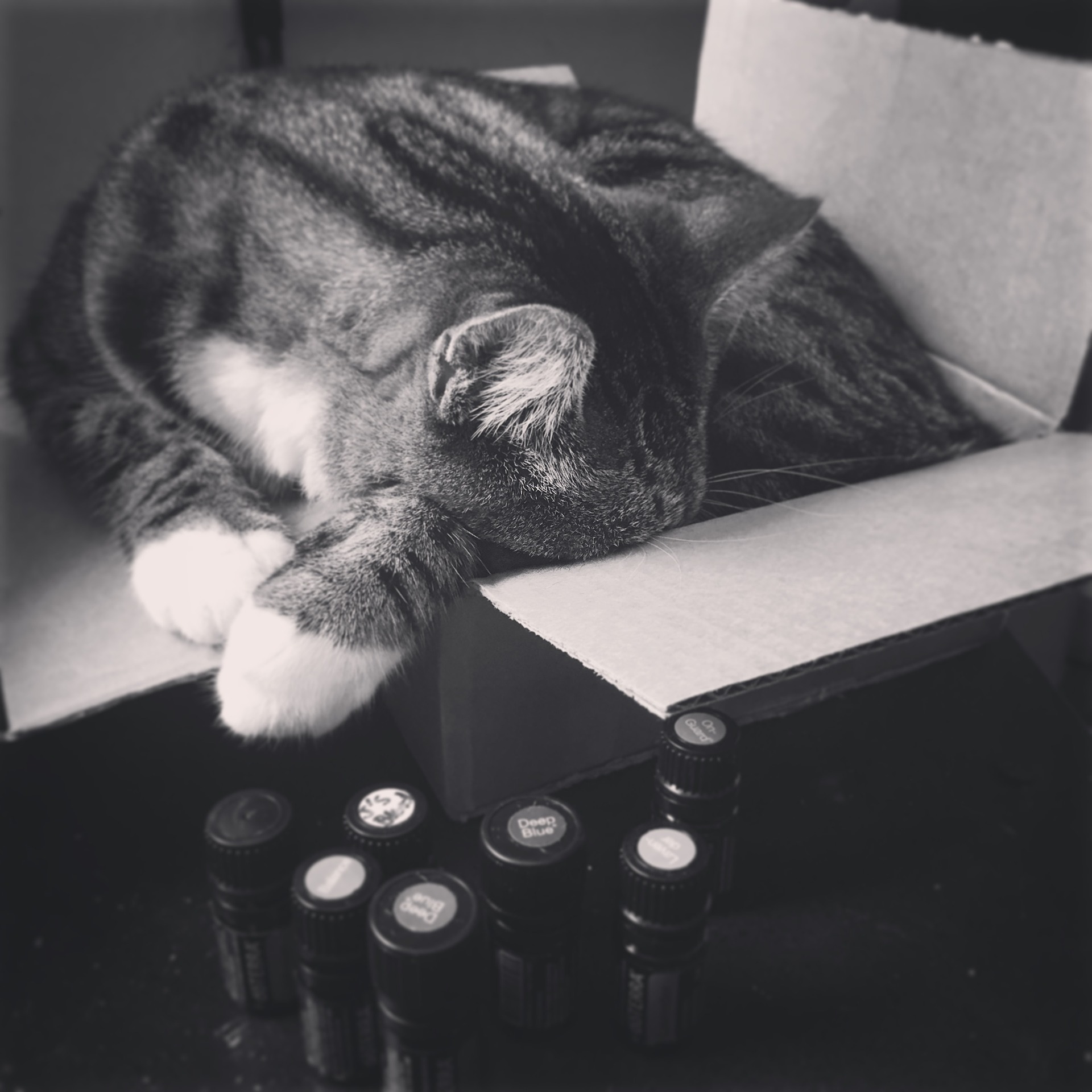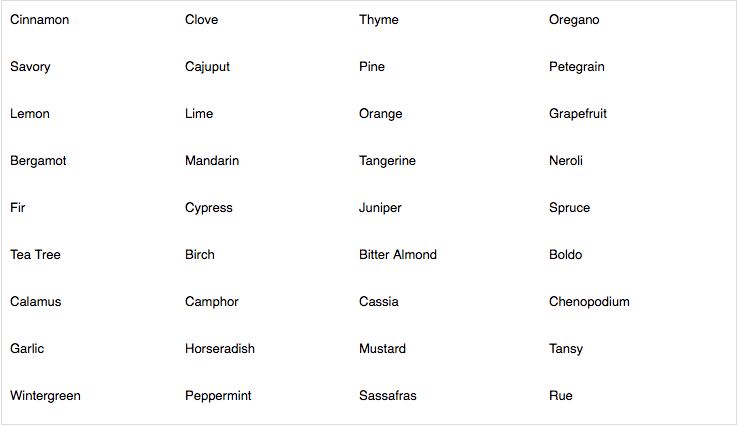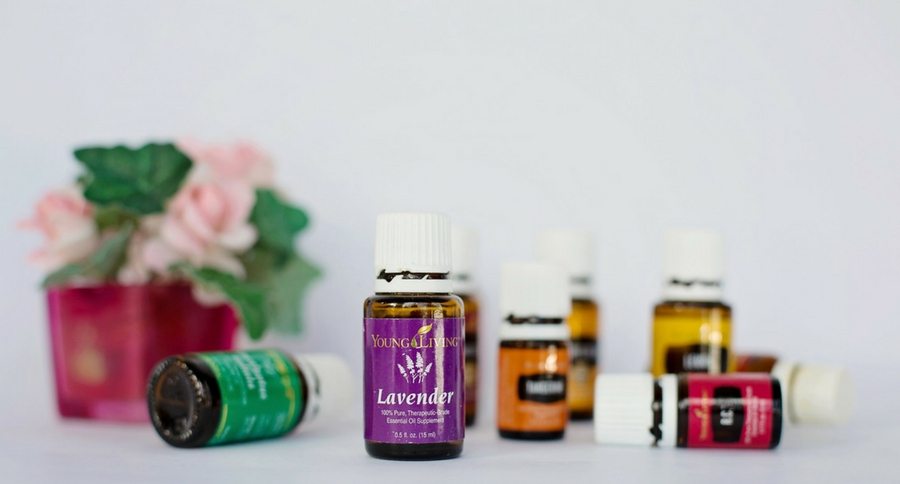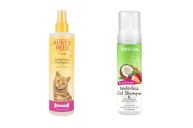People are freaking out after a woman posted on Facebook that she accidentally "poisoned" her daughter's cat by using an essential oil diffuser.
According to BuzzFeed, Sue Murray said her daughter's cat, Ernie, began acting ill after she started using an essential oil diffuser she purchased on Amazon.
Murray said:
"The first couple days I didn't notice any symptoms with Ernie, but on the fourth day, he was lethargic, unstable on his feet and was drooling excessively."
Please enable Javascript to view this content
When Murray's husband read online that eucalyptus oil can be fatal to cats, Murray got in her car and rushed Ernie to the vet.
Murray said:
"The vet gave him a shot of antibiotics and another shot of vitamins to boost him and instructions to watch him over the weekend. Ernie hasn't been himself. He is eating and drinking a little, walking a little better, has some diarrhea, but is still not out of the woods."

A spokesman for the American Veterinary Medical Association, Michael San Filippo, told BuzzFeed:
"It appears that these products are potentially toxic to pets (cats in particular) and we'd advise pet owners to be cautious in using them around the house."
The American Society for the Prevention of Cruelty to Animals (ASPCA) also warns cat owners against the dangers of using essential oils around animals and advises that different companies and oil blends can contain different concentrations, which may lower or increase the level of toxicity.
Certain essential oils like tea tree oil, citrus oils, cinnamon oil, and peppermint oil can be dangerous to cats since they lack an important liver enzyme (glucuronyl tranferase) that helps break down and process phenols and monoterpene hydrocarbons in the oils.
Some oils that contain monoterpene hydrocarbons include:
- Terpineol: cajuput oil, pine oil, and petigrain oil
- Limonene: common in citrus oils
- Pinene: pine oil, and other coniferous plants such as fir and cedarwood
Below is a full list of toxic oils from Meow Lifestyle:

The ASPCA stated:
"Based on this, we would not recommend using essential oils in areas where your pets have access, unless pets are supervised or the use of the oil is approved by your veterinarian."
Speaking of veterinarians, Janet Roark, a veterinarian and essential oil seller for DoTerra, posted a response video to reduce some of the essential oil pandemonium and explain how Ernie's symptoms could be due to a variety of things.
She also explains some essential oil safety.
With so many varying opinions out there, it's hard to tell what to believe. Your best bet - if you are an essential oil user - is to keep an eye on your pet's behavior when diffusing oils and always use high quality PURE essential oils that are diffused with water. Natural remedies like using an oil diffuser has seen some stress-reducing benefits, and as long as you keep away from your cats, they can be helpful.
Symptoms including drooling, nausea, vomiting, or other allergic reactions merit a call to animal poison control. Consult with your veterinarian if you have any specific questions.
Do you use essential oils? If so, has your feline friend ever gotten sick from them? Let us know in the comments!
WATCH NOW: Pet of the Week: Princess Cheeto the Cat




